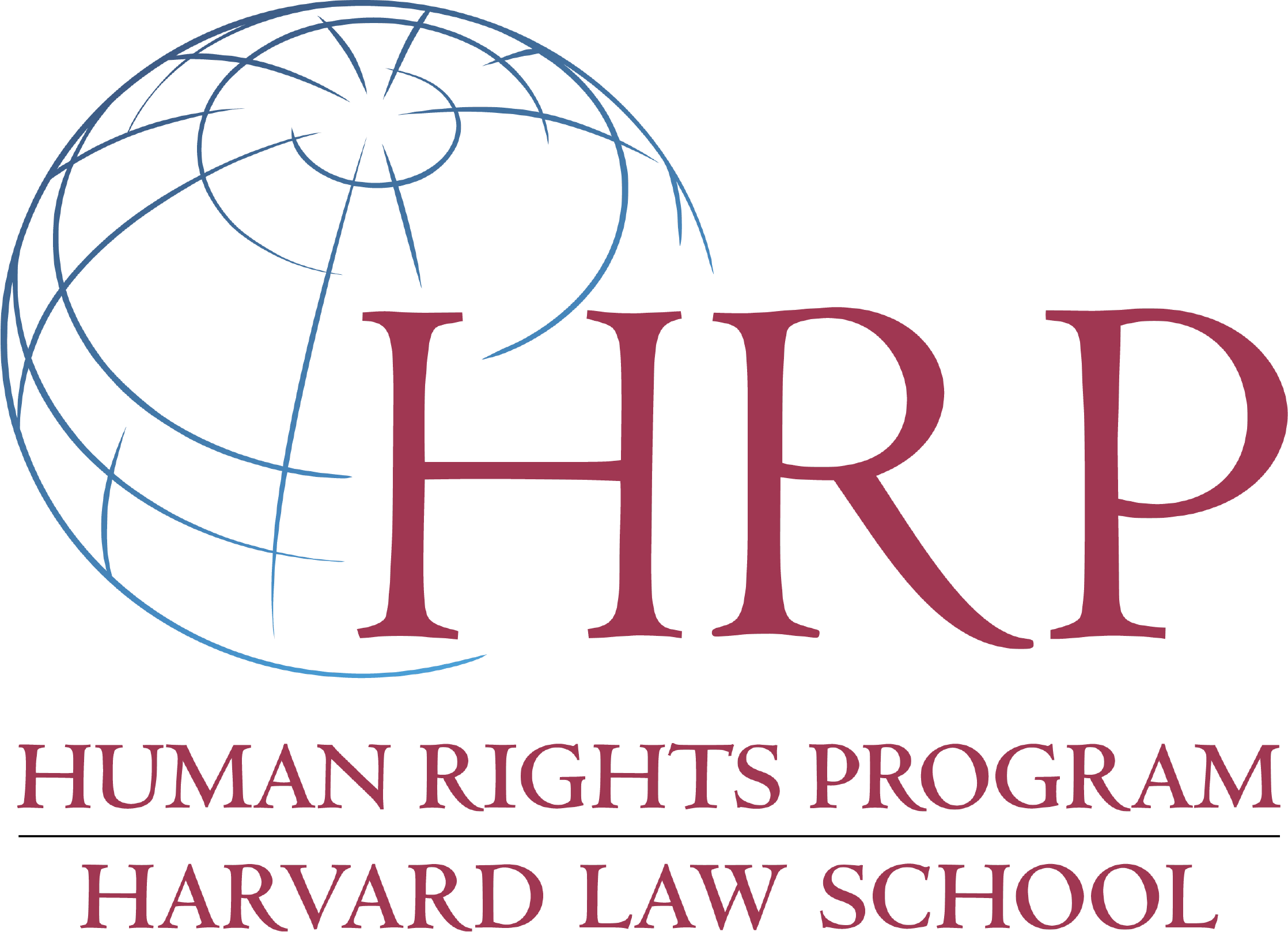As COVID-19 threatens to collapse our healthcare system, sexual and reproductive health and rights are in grave jeopardy. Opportunistic policymakers are exploiting the pandemic to restrict or outright ban abortion care and access to contraception. In what ways has the health emergency exacerbated already existing vulnerabilities, and in what other ways has it created new problems? What advocacy strategies are being used to combat the exploitation of a state of emergency to curtail sexual and reproductive health? How is access to medical treatment for trans people negatively affected by the pandemic? What lessons can be learned from the HIV epidemic in relation to the increased use of the criminal law in the name of protecting public health? How can human rights principles be used to protect bodily autonomy and sexual/reproductive health during this crisis? Join us for a talk with Brigitte Amiri (ACLU), Eszter Kismodi (Sexual and Reproductive Health Matters), Melissa Murray (NYU), and Quita Tinsley (Access Reproductive Care-Southeast); moderated by Katherine Franke (Columbia).
The series is organized by the Columbia Law School Human Rights Institute, Duke Law’s International Human Rights Clinic, Columbia Law School’s Center for Gender and Sexuality Law, and Just Security. Free and open to the public. Join events via Zoom here (password: 200022).
This event is co-sponsored by: Center for Human Rights and Humanitarian Law, American University Washington College of Law; Center for International Human Rights Law and Advocacy, University of Wyoming College of Law; Center for International Human Rights, Northwestern’s Bluhm Legal Clinic; Cornell International Human Rights Clinic: Litigation and Advocacy; Duke Environmental Law and Policy Clinic; Georgetown Law Human Rights Institute; Human Rights Center, University of Dayton; Human Rights Center, University of Minnesota Law School; Human Rights Program, Harvard Law School; Human Rights Watch; Institute for the Study of Human Rights, Columbia University; International Commission of Jurists; International Human Rights Clinic, University of Chicago Law School; International Human Rights Law Clinic, UC Berkeley; Open Society Justice Initiative; Opinio Juris; Program on Human Rights and the Global Economy, Northeastern Law School; Promise Institute for Human Rights, UCLA; Robert F. Kennedy Human Rights; Tanner Humanities Center, University of Utah.
